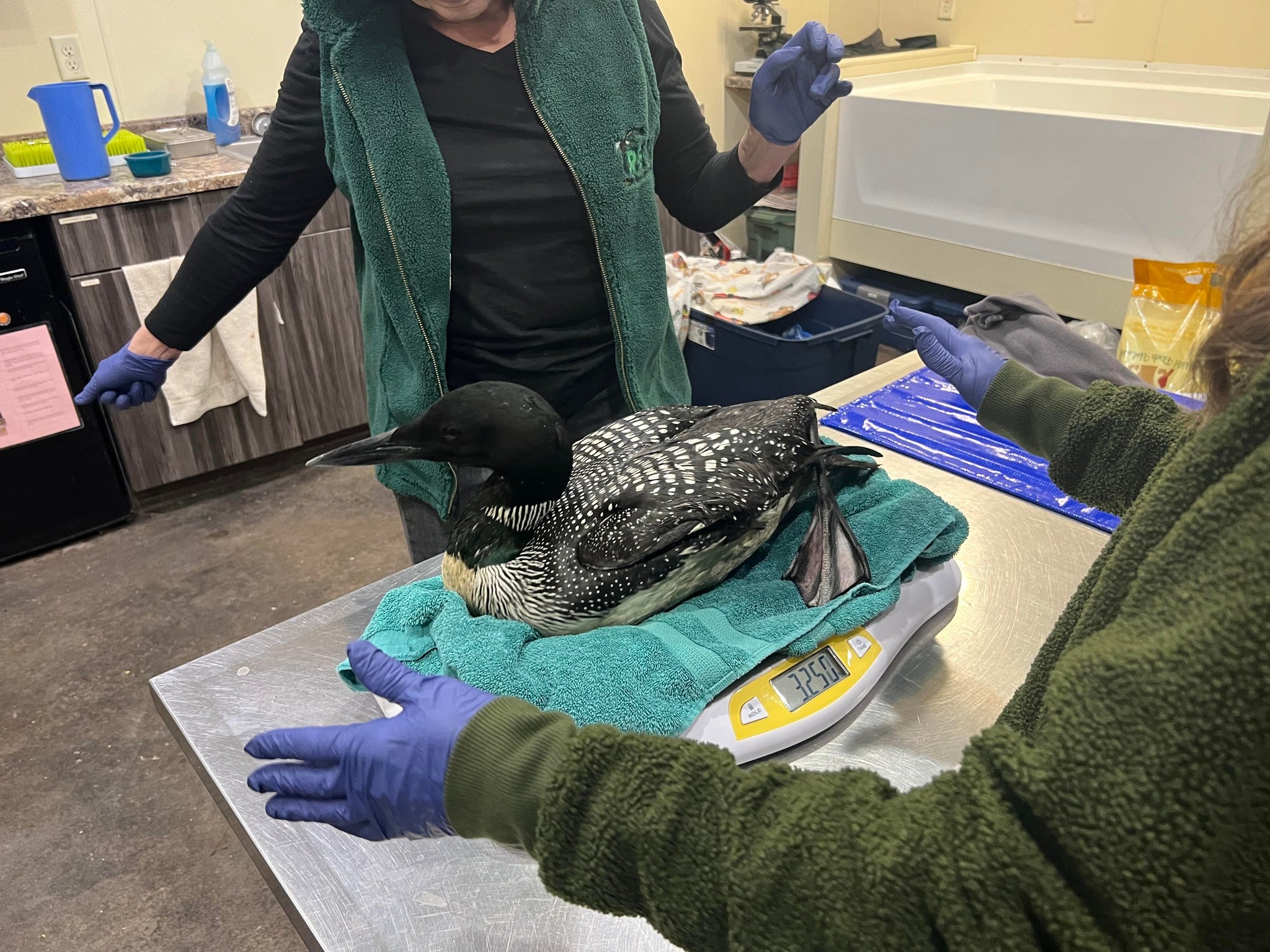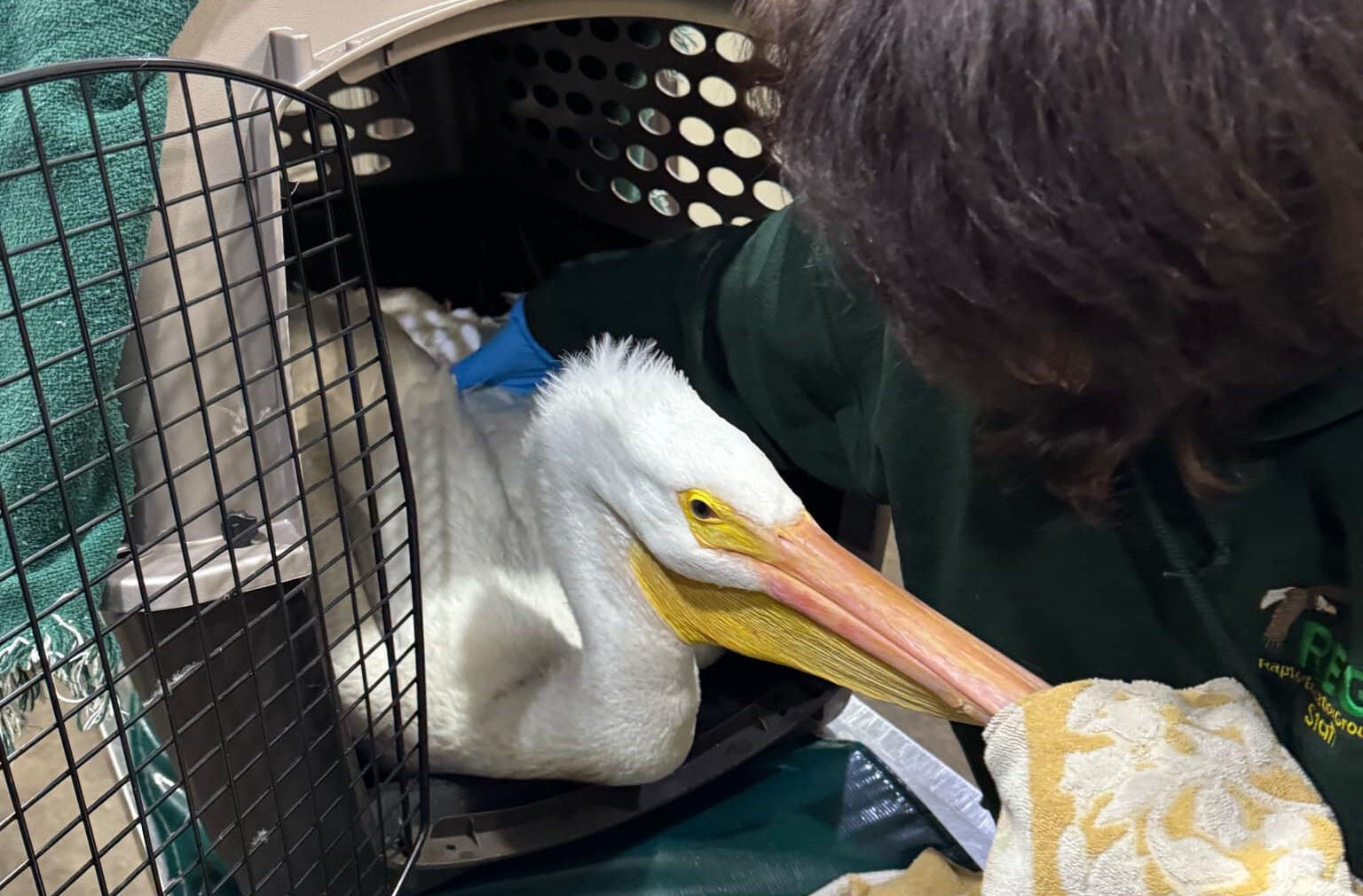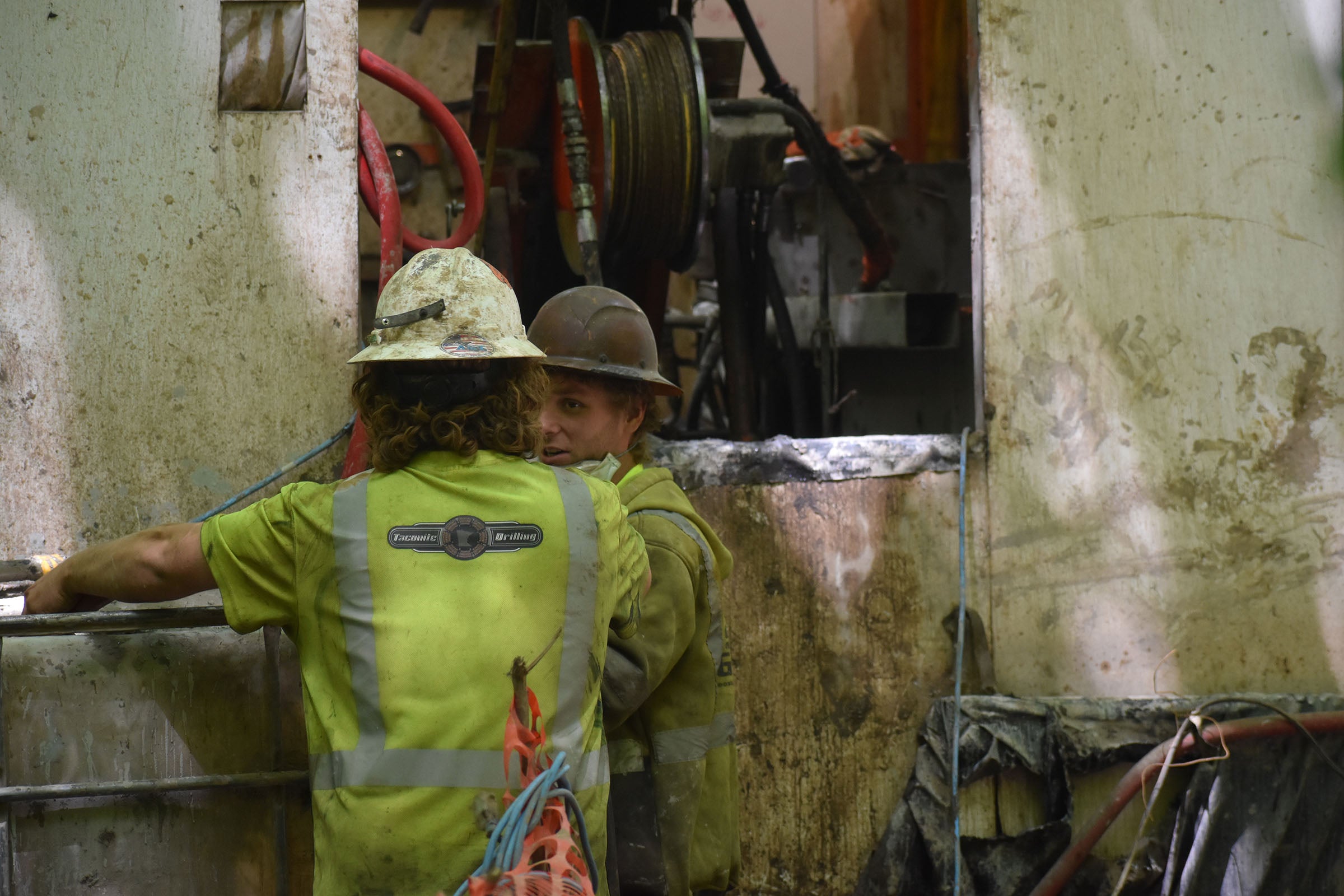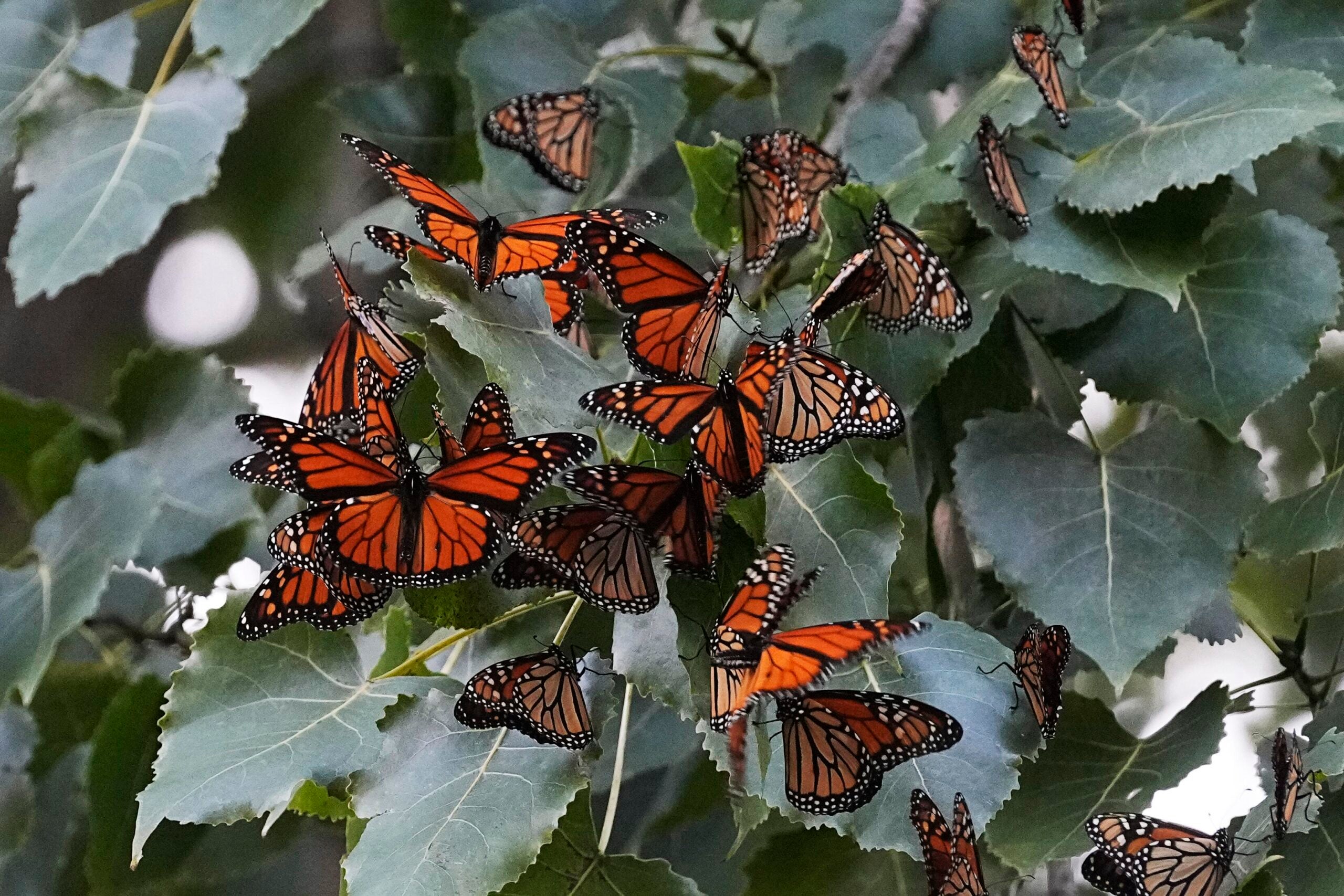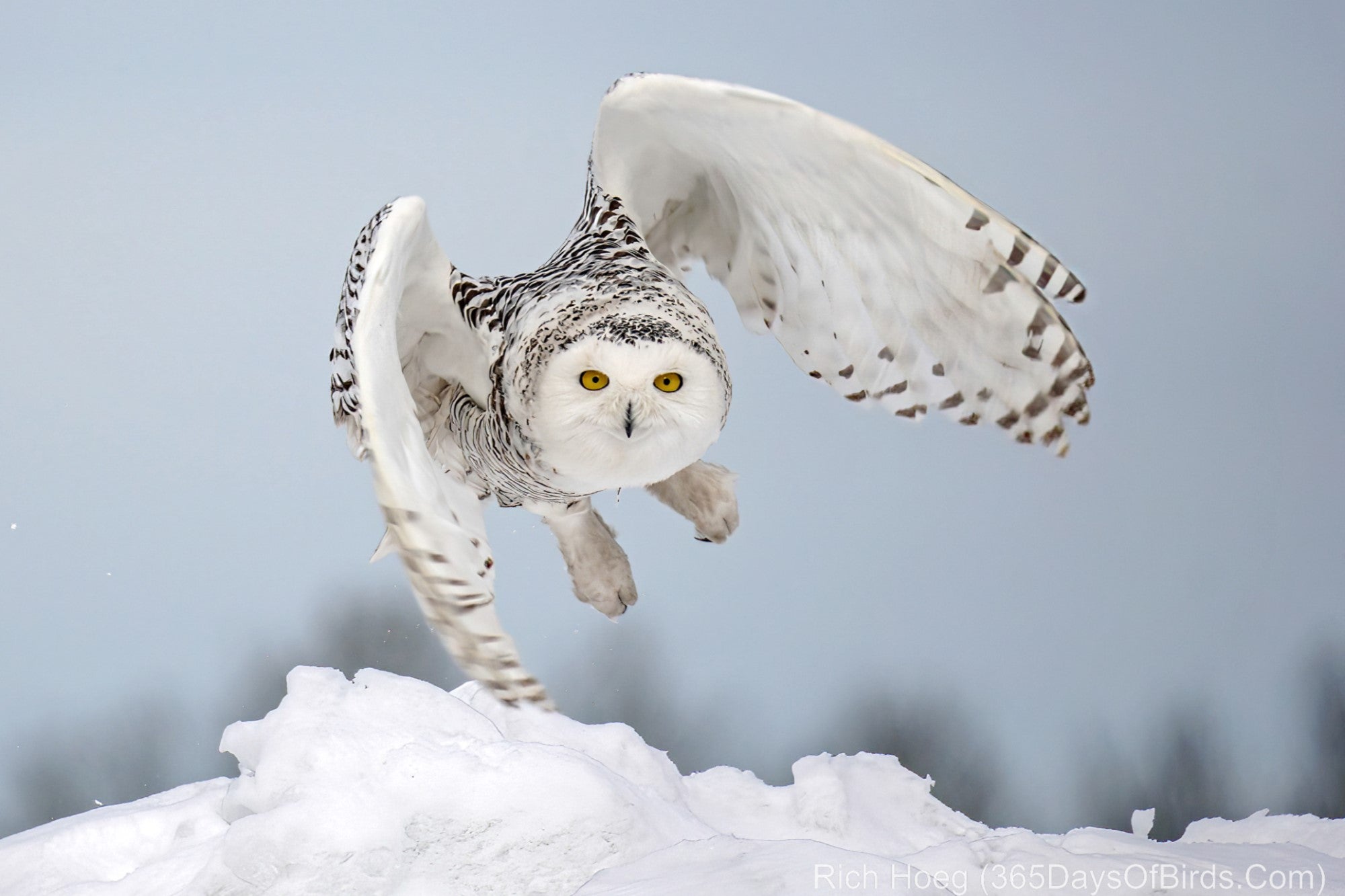Loons have been falling from the sky over Wisconsin this week, according to an avian rehabilitation organization.
Marge Gibson, founder and director of Raptor Education Group, blamed what they call a “loon fallout” on cold, turbulent spring weather. She said migrating loons that fly at high altitudes get coated in ice which hampers their flight ability.
“Once the ice accumulates on them, they’re no longer aerodynamic, and they fall,” Gibson said. “They just happen to be in the wrong place.”
News with a little more humanity
WPR’s “Wisconsin Today” newsletter keeps you connected to the state you love without feeling overwhelmed. No paywall. No agenda. No corporate filter.
At least 25 downed loons have been rescued as of Friday.
Gibson said loons sometimes end up on the ground because they mistake wet pavement for water and try to land. But in this case, she said, other birds were found across different locations — in woods and cow pastures, or places where they wouldn’t land purposely.
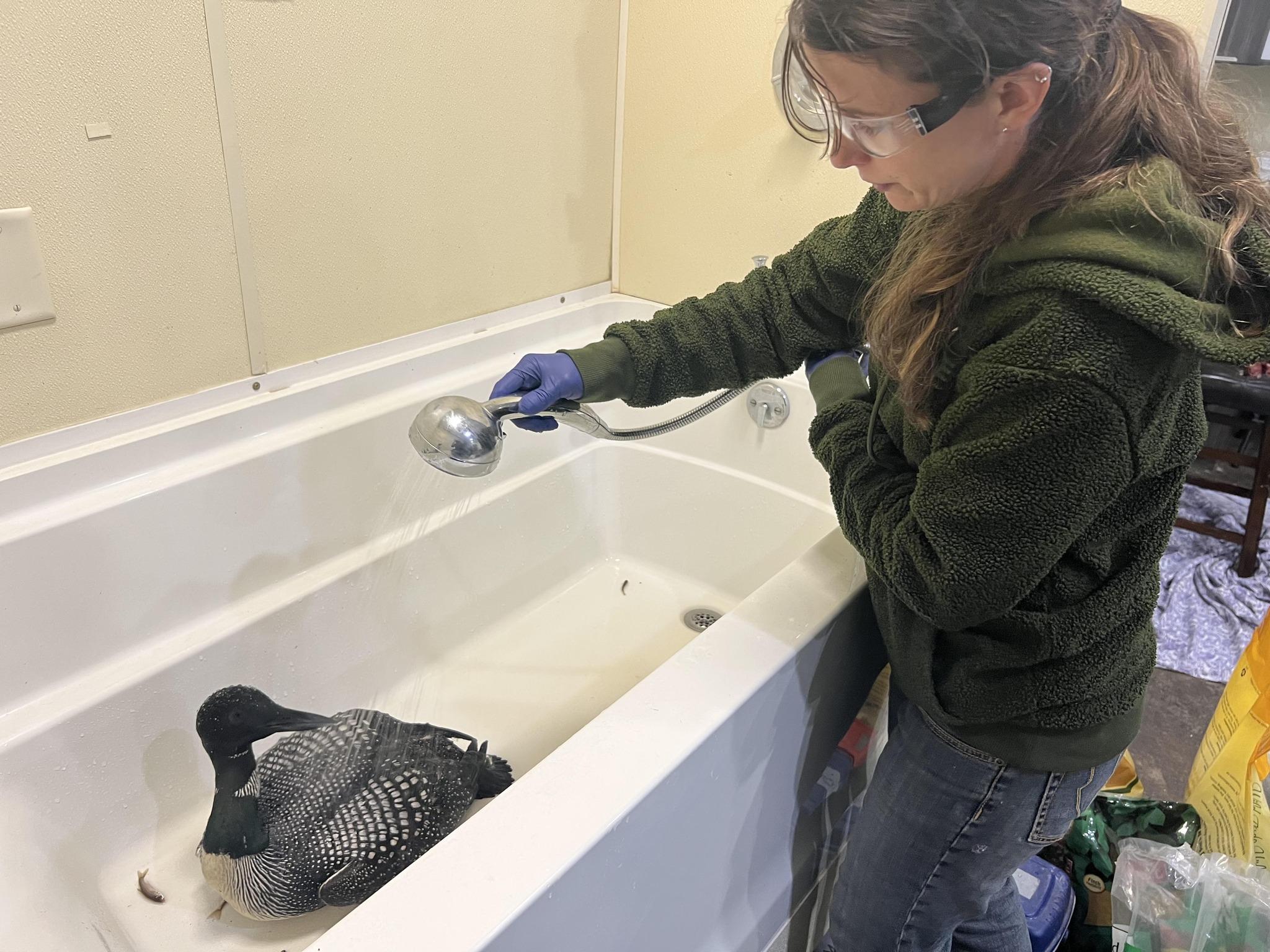
Anna Pidgeon is a professor of forest and wildlife ecology at the University of Wisconsin-Madison.
“It’s distressing to think about loons being stuck on pavement or fields or just completely stranded and vulnerable. They’re way out of their element,” she said.
Pidgeon said loons are built to swim fast and pursue fish underwater, so their legs are placed far back on their bodies. They cannot walk.
And once they land on lakes, loons need big stretches of water to take flight again.
“They need a long runway. It’s like a plane can’t pop up out of the runway,” Pidgeon said.
Pidgeon said common loons winter in the Gulf of Mexico or along the Atlantic seaboards and migrate to northern Wisconsin. About 4,000 adult loons spend the breeding season in the state, according to a 2020 LoonWatch survey.
They migrate to lakes in Wisconsin and the upper Midwest by late April, according to the University of Wisconsin-Stevens Point. Most nest by late May and eggs start to hatch about one month later.
Gibson said the fallout is rare. And she said anything that challenges the loon population in Wisconsin is noteworthy because it’s declining.
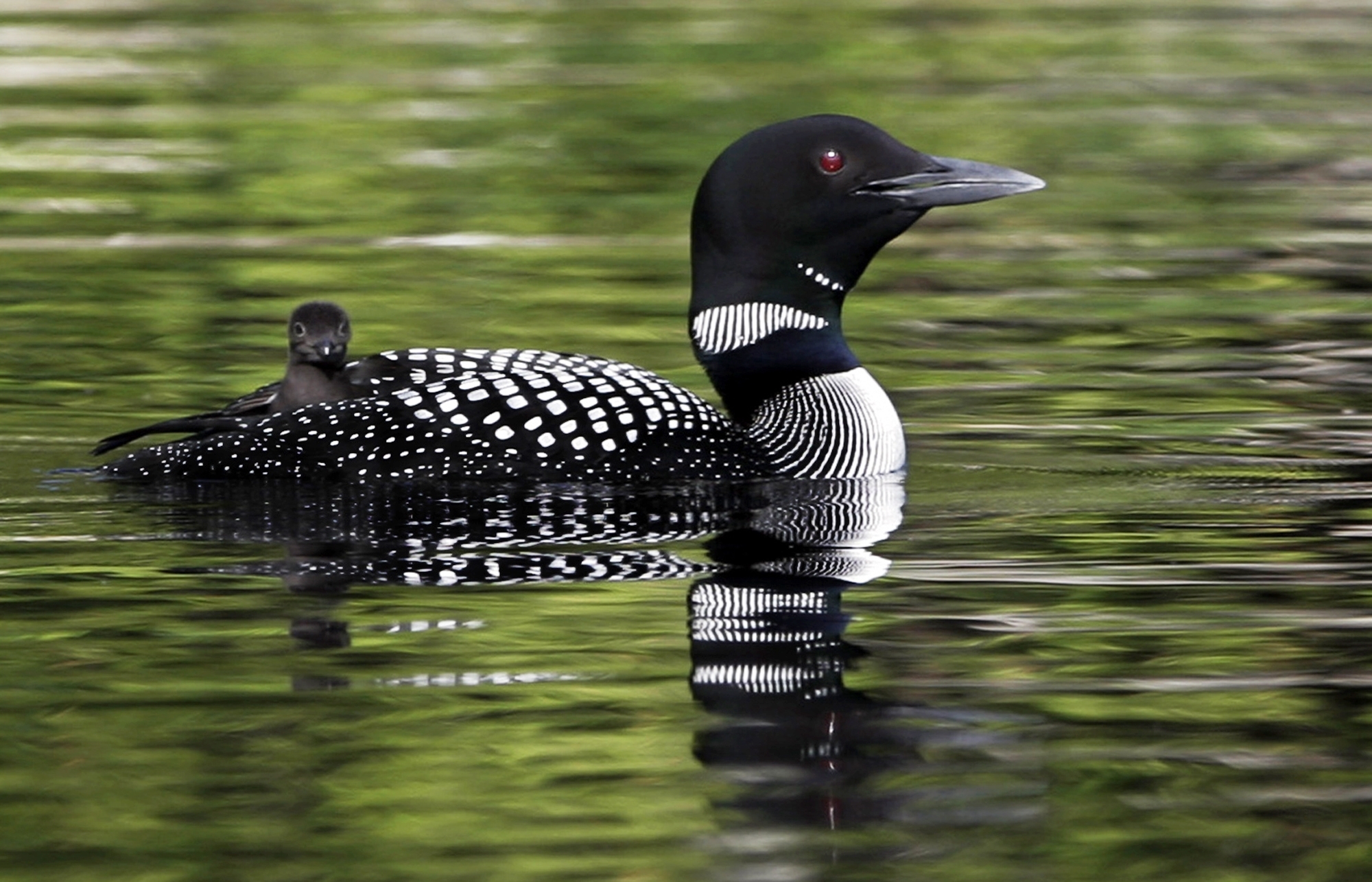
How to help
Gibson is asking people to call a local wildlife group if they find a downed loon.
She warned the public of loons’ sharp beaks, advising against releasing loons in small ponds or bodies of water where they cannot survive.
Call the Raptor Education Group at 715-623-4015 or Loon Rescue at 715-966-5415.
Visit the Raptor Education Group, Inc. at https://www.raptoreducationgroup.org. Visit the National Loon Center here.
Wisconsin Public Radio, © Copyright 2025, Board of Regents of the University of Wisconsin System and Wisconsin Educational Communications Board.

